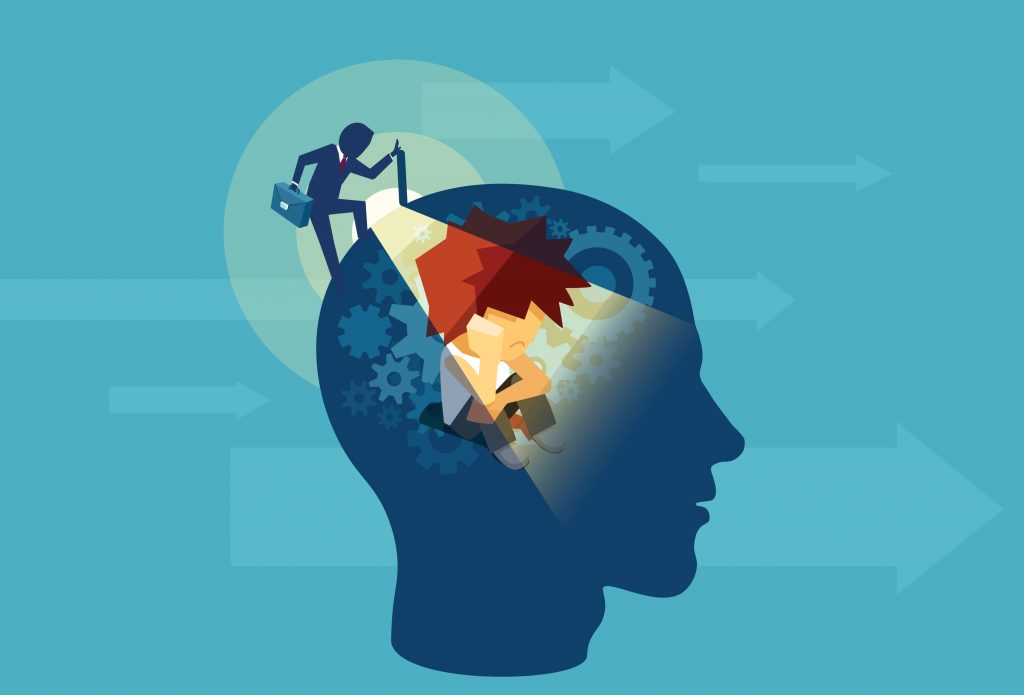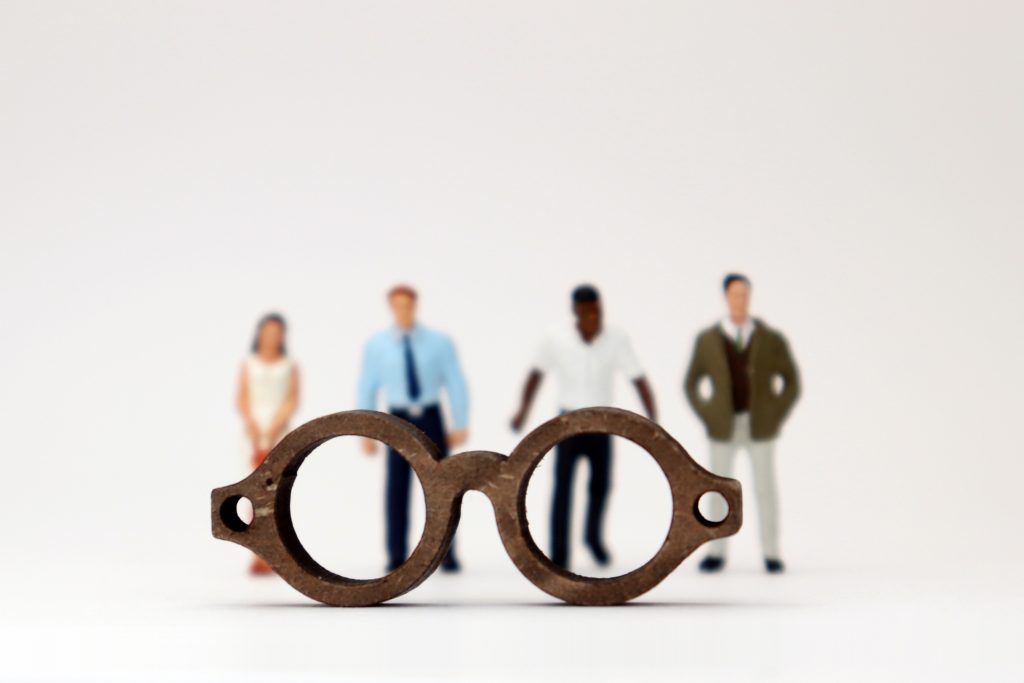Here are some of the many questions of particular interest to us.
Culture and Moral Judgment

Moral psychology is a recently emerging and rapidly growing field. As a result, there has not been much active research on the cultural shaping of individuals’ moral judgments. Our lab aims to change that. For example, how do people from different cultures form and update impressions about others’ moral characters? How does culture explain people’s varied reliance on information about others’ personalities and situations when making moral judgments? How do people from different cultures make judgments about violations of moral values such as fairness or loyalty? Would these differences be reflected in their national legal systems and criminal sentences?
Culture and Theory-of-Mind (ToM)

People think about what others are thinking. They put themselves in others’ shoes deliberately or spontaneously and try to take others’ perspectives. Our lab studies how this process can be shaped by an individual’s cultural background. For example, would knowing information about another’s disposition, instead of their situation, facilitate ToM better for people from a certain cultural context? Would this manifest in an individual’s subsequent social interactions, such as their empathetic responses toward, prosocial behaviors for, and/or moral judgments about others?
Culture and Ingroup Bias

Ingroup bias, the tendency to perceive one’s ingroup members more positively than outgroup members, supports maintaining close relationships and the survival of one’s group. The specific benefits and drawbacks of ingroup bias for individuals’ mental and physical well-being have been understudied, as well as how their cultural background influences the effect of ingroup bias on well-being. Would people from cultures that value collectivism acquire greater social and health benefits by expressing ingroup bias? If people immigrate to a different culture, how does their acculturation predict the effect of ingroup bias on their social and health outcomes?
Affective Discrimination

Culture teaches people what affective states they should pursue to feel (ideal affect). For instance, North Americans value high-arousal positive states such as excitement while East Asians value low-arousal positive states such as calmness. While previous research showed that people behave more prosocially toward others who express affect valued in their culture, few studies examined the explicit/implicit discriminations suffered by those who do not express the culturally valued emotion. For example, do people who do not display the culturally valued emotions, such as those who do not show excitement in North America and calmness in East Asia, experience difficulties with their mental and physical well-being, their academic and job performances, and their daily social interactions? How could this explain cultural minorities’ issues with well-being?

